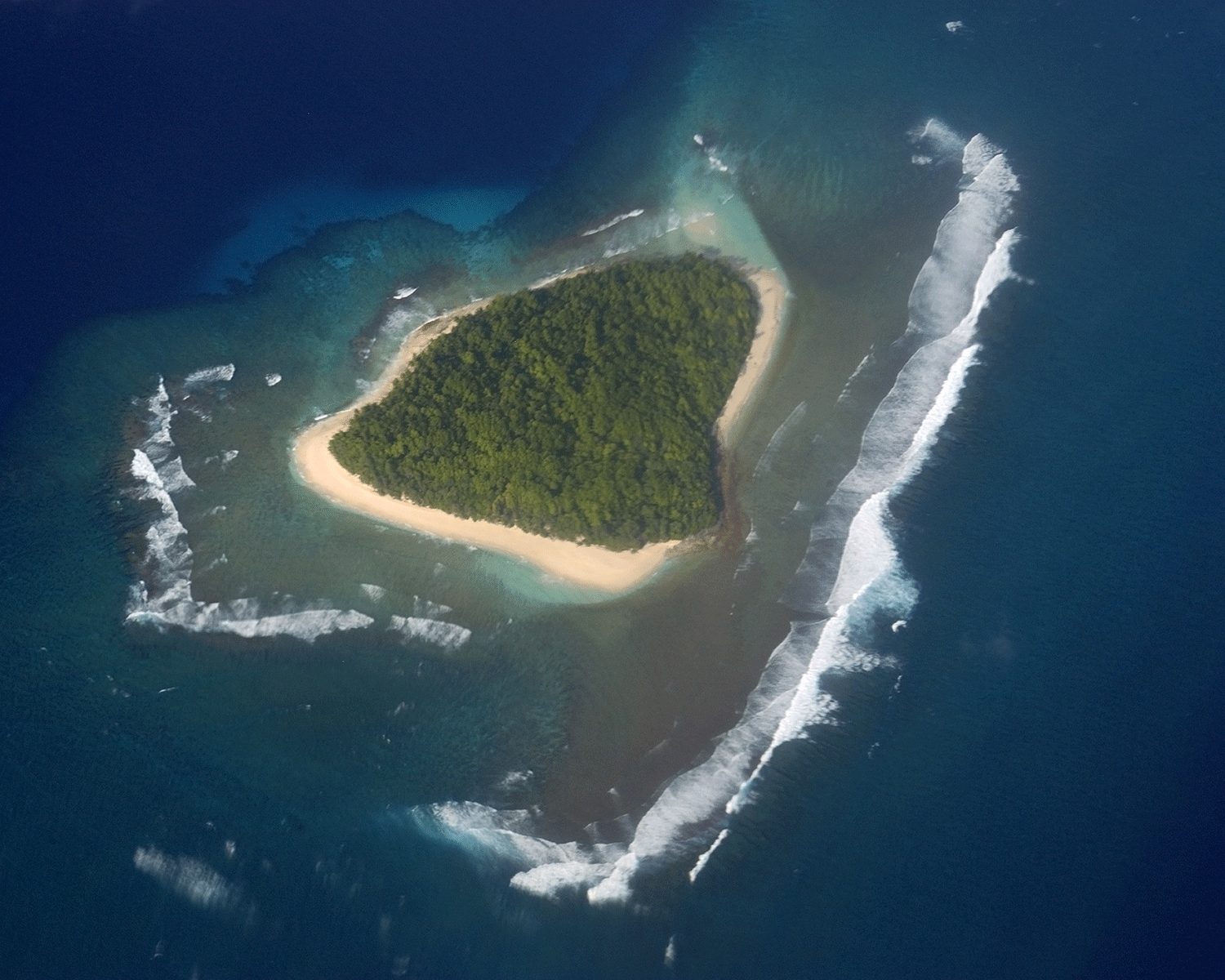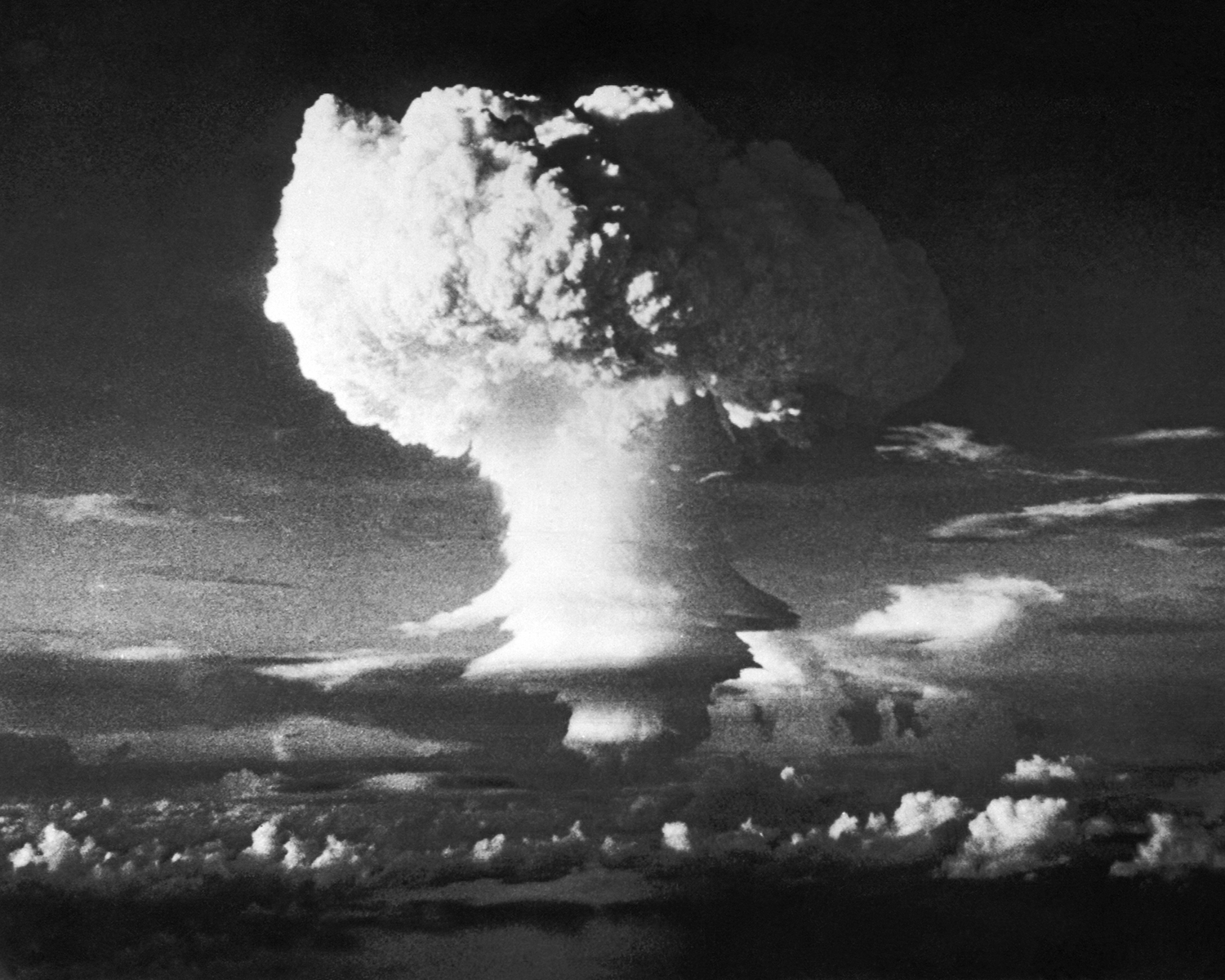The tiny Pacific island taking the UK to court for refusing to get rid of its nuclear weapons
The South Pacific islands still suffer from nuclear bomb testing during the Cold War

Your support helps us to tell the story
From reproductive rights to climate change to Big Tech, The Independent is on the ground when the story is developing. Whether it's investigating the financials of Elon Musk's pro-Trump PAC or producing our latest documentary, 'The A Word', which shines a light on the American women fighting for reproductive rights, we know how important it is to parse out the facts from the messaging.
At such a critical moment in US history, we need reporters on the ground. Your donation allows us to keep sending journalists to speak to both sides of the story.
The Independent is trusted by Americans across the entire political spectrum. And unlike many other quality news outlets, we choose not to lock Americans out of our reporting and analysis with paywalls. We believe quality journalism should be available to everyone, paid for by those who can afford it.
Your support makes all the difference.One of the world's smallest countries is taking three of the biggest nuclear powers to court in an attempt to make them honour commitments to disarm.
The Marshall Islands has laid court cases against Britain, India and Pakistan at the United Nation's highest court. All three are accused of breaching obligations for nuclear disarmament - an issue which has particularly affected the Pacific island chain.
The islands were used as a site for 67 separate nuclear tests during the Cold War which still causes health problems for its population to this day.
Now preliminary hearings are underway for the first time at the International Court of Justice in what many activists see as a step towards highlighting the issue of nuclear disarmament.

"The success will be in putting the issue back on the agenda... This is as much as the Marshall Islands can hope for," Dapo Akande, professor of international law at Oxford University, told Business Insider.
He said that once in front of the International Court of Justice, the size of each country would not matter.
"When the Marshall Islands goes to the ICJ, it's equal with Britain and with India," Professor Akande added.
"Big countries get dragged into disputes to which they otherwise would not have needed to pay attention."
The Islands had originally brought cases against all the countries believed to have nuclear weapons - Britain, France, the United States, Russia, China, India, Pakistan, Israel and North Korea - but only the cases against Britain, India and Pakistan have made it through to the court.
All three are accused by the Marshall Islands of breaching obligations to negotiate nuclear disarmament. Britain signed the Treaty on the Non-Proliferation of Nuclear Weapons, which aims to prevent the spread of nuclear weapons, in 1970.
Yet since then, the UK introduced the Trident nuclear programme in 1980, which now involves four nuclear submarines whose missiles are capable of hitting targets up to 7,500 miles away.
A vote on the programme's complete renewal is expected this year, with the total cost of replacement estimated to be in excess of £100 billion.
The issue has divided Labour and Conservatives, with prime minister David Cameron wanting to renew the programme and leader of the opposition Jeremy Corbyn proposing Trident submarines without nuclear missiles - adding he would "never press the button."
Pakistan and India, meanwhile, are also accused by the Marshall Islands of breaching similar obligations under international law.
Tony deBrum, a Marshall Islands representative, said he watched one of the US nuclear tests in his home country as a nine-year-old boy while fishing with his grandfather.
"The entire sky turned blood red," he told judges. He said some of his country's islands were "vaporized" by the tests.
Together, the three countries are expected to argue that the Marshall Island's claims are beyond the Hague court's jurisdiction and should not proceed any further.
Yet activists have said just getting the case to the United Nations was a victory in itself.
Additional reporting by AP
Join our commenting forum
Join thought-provoking conversations, follow other Independent readers and see their replies
0Comments